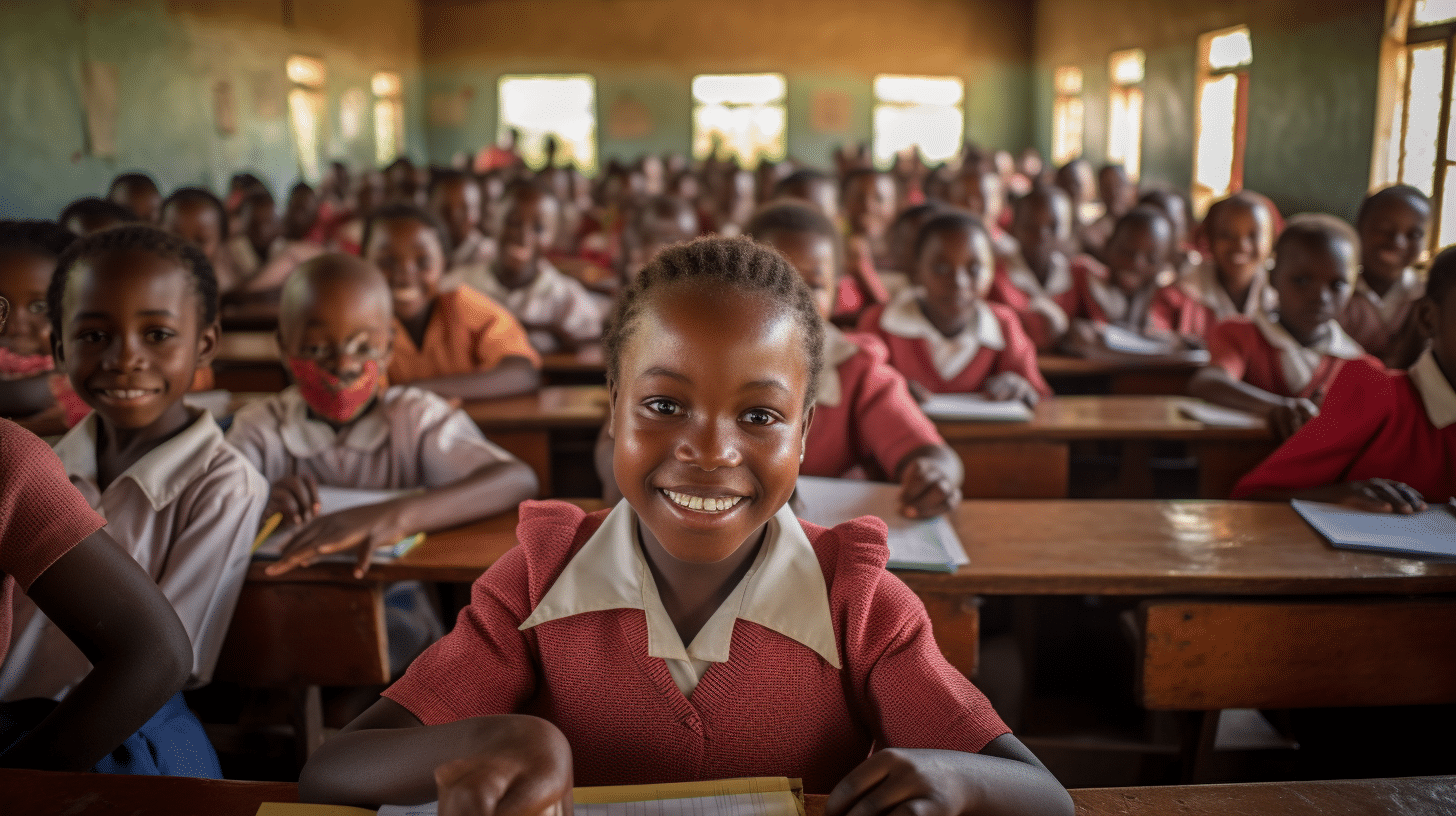How School Health Programmes are Organized in Kenya
Zakenya
Oct 19, 2013
Health & Fitness
15 Views
How School Health Programmes are Organized in Kenya
In Kenya, it is the responsibility as a community health nurse or any other health provider to design school health programmes. In order to organise a practical school health programme they need to involve the rest of the health team members, the school administration and the community. Sometimes the health professionals can decide to conduct a health program in a certain school and they begin by contacting the school management team to request for permission and, if accepted then, they conduct the programme.
Who are members of school health committees?
The following are members of the school health team:
- Teachers
- Pupils and students
- Parents
- Community formal and informal leaders
- Community health nurse
To organise a good school health programme in any school in Kenya, the health care provider who can be a Nurse has to assess the problems of school children, establish practical goals for the school population, carry out the needed activities and evaluate the process and results of the programs. The whole idea behind a school health programme is to ensure that the needs of the school child are met. After doing the above procedure, the community health nurse will then organize the program for the school in collaboration with the other health care providers.
What are the needs of the school child?
The following are the needs of the school child who attend school in Kenya either in the private or Government school. Those needs include:
1. A Stable Home.
The home should provide basic needs especially shelter and security.
2. Proper Nutrition.
The child needs to grow well physically and mentally. It is therefore important for the child to take adequate nutrition at least three times a day. The diet should have extra proteins and vitamins to meet there nutritional needs.
This will help the child to cope with demands of school life. The meals may be provided at home, school, or may be packed.
3. Freedom from Fatigue.
The child needs to have enough rest at home from school activities.
The evening meal should be taken early so that the child will have enough sleep and rest.
4. Clothing.
This is normally provided as school uniform, which should be clean and tidy. The child needs to wear shoes to prevent injuries and hookworm infestation
5. Good Sight, Hearing and Speech.
Defects of sight, hearing and speech interfere with the learning process of a child. Early detection of all disabilities and referral to the appropriate specialist is a very important activity of a school health programme.
6. Freedom from Infection.
All school children should be immunised against childhood diseases. Treatment of common conditions, for example colds, skin rashes, sore throat and cuts should also be given. The treatment could take place in the school clinic or in the local health care facility.
7. Pure and Safe Water.
This should be provided in the school and at home to prevent water related diseases. Adequate sanitation, proper excreta and refuse disposal is important at home and in school.
8. Clean Buildings.
The home and school environment should be kept clean to prevent the child from contracting the diseases.
Article source: https://www.zakenya.com/Health-and-Fitness/153-How-School-Health-Programmes-are-Organized-in-Kenya.html



0 comments